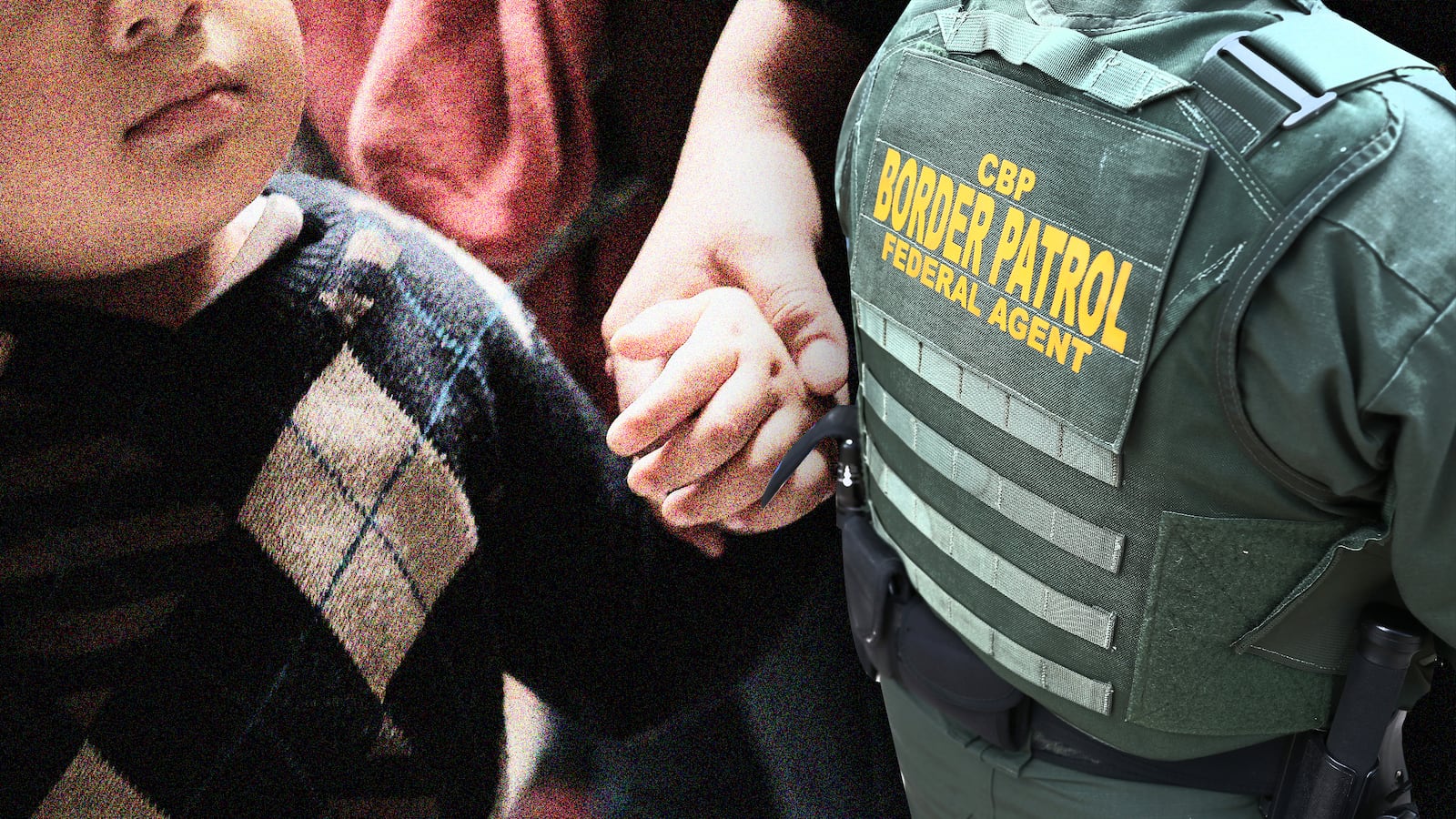The boy was already in pain, just 6 years old and suffering from a debilitating bone condition. Then U.S. authorities separated him from his mom as they crossed over the border. Health and Human Services officials placed him with a foster family who denied him medical care for a month and a half. The boy experienced so much pain in his legs that he couldn’t walk, his mother’s attorney, Laura Lunn, told The Daily Beast.
The case raises concerns about the medical care available to children held in custody of the Department of Health and Human Services’ Office of Refugee Resettlement (ORR). After President Donald Trump’s Justice Department rolled out a zero tolerance policy for migrants crossing the border without authorization, thousands of parents were separated from their children. The parents went into the custody of Immigration and Customs Enforcement, while the children were handed off to ORR.
Though Trump changed the policy that required the separation of parents from their children, his government has yet to reunite all the families that were separated. More than 2,000 families are still separated, according to the most recent numbers from the Department of Health and Human Services.
That includes the mother and son whose story is detailed here. A spokesperson for ORR said the agency does not comment on the cases of individual children in its custody.
The two traveled to the United States from Guatemala, fleeing violence in the tiny Central American country. They are afraid of returning to their home country, Lunn said. When they arrived in the United States in mid-May, the pair were separated—the mother, who remains anonymous because of potential retaliation in immigration proceedings, went to an immigrant detention center in Colorado, and her son went to foster care in Texas.
The boy’s mother told Lunn that her son has osteoporosis, which sometimes causes him significant pain.
“He said he was in so much pain that he couldn’t really walk,” Lunn said.
His first foster family didn’t take him to the doctor, Lunn said, and punished him for crying—and he cried often, because of the pain and because he missed his mother.
“He said that they would grab him by the arms, he said that they would put him in a room alone, and he did say that they hit his hands and his arms,” Lunn continued. “And when I spoke with her today, she mentioned that the foster care parents had an older son who also was harming him. He said he hit him.”
When Lunn started representing the woman, she reached out to Texas child protective services about his situation. On June 26, he was moved to a different foster home, Lunn said. His new foster family took him to see a doctor, who finally gave him pain medication.
Lunn passed on the following statement from the mother to The Daily Beast: “This experience is not something that is just happening to me. It is happening to my friends. It is happening to parents across this country. We haven’t done anything to deserve this mistreatment. We brought our children seeking protection, but what we have received is a profound type of torture. I asked for refuge for my son and myself in this country, but now my son is not with me.
“We are suffering,” the mother continued. “I want to repeat that I wanted another country that would protect me and make me feel safe. But, today I do not feel like I am safe because I am separated from my son. We came due to fear, I have lived in fear for a long time. Now I am afraid that one day I will call my son and he will not answer my call. I fear I will never see my son again. Today, I live in fear.”
The mother told Lunn that other women in her detention center also worry about the safety of their children in ORR custody.
“When I was talking to my client today, she said has spoken to other women in the detention center who have very strong concerns about their children’s treatment,” Lunn said. “She just was saying, ‘It’s because you intervened that he moved. In their cases, nobody stepped in to advocate on behalf of their children and they’re still in precarious situations.’”
Though the son has been to a doctor, Lunn said the mother is still deeply worried about him.
“‘He gets really upset when I talk to him on the phone,’” Lunn said, paraphrasing what the mother told her. “‘He starts crying and asking me where I am and why we’re not together.’”






